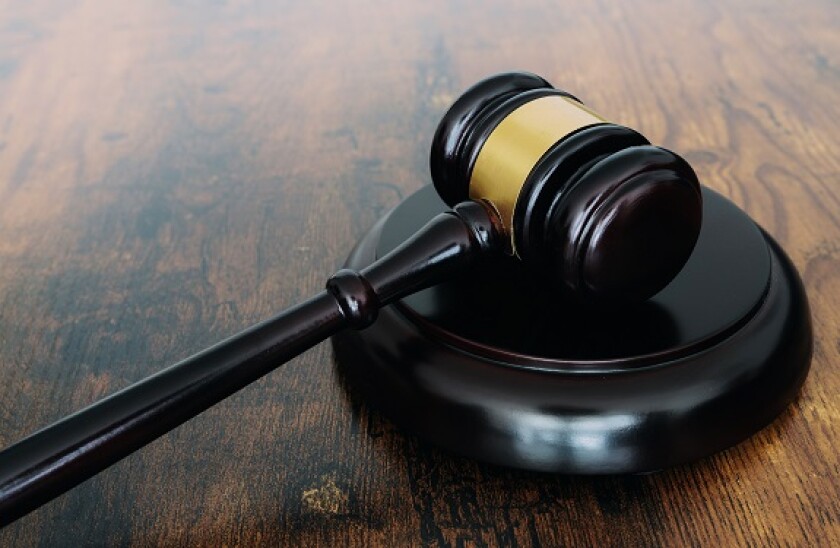Coffee chain Luckin’s fall from grace this year has been nothing short of spectacular. After listing in the US last year through a hugely popular IPO, it revealed in early 2020 that it had discovered a Rmb2.2bn ($315.1m) fraud. Its Nasdaq-traded stock tumbled more than 80% in a day and was eventually delisted from the exchange in July.
The news stunned shareholders, Luckin’s relationship banks and regulators, so it was little surprise that China’s top authorities stepped in. But their level of involvement has been surprising.
The China Securities Regulatory Commission, which primarily focuses on the domestic A-share market, conducted a three-month investigation into Luckin’s fraud, while China’s Ministry of Finance and the State Administration for Market Regulation (Samr) also did their own investigations.
The CSRC’s involvement is already unusual enough. It has not pursued similar disclosures by other overseas-listed Chinese firms, such as TAL Education, which revealed inflated sales numbers and falsified data in April.
But the MoF and Samr conducting their own investigations into Luckin is the big surprise — especially as Luckin admitted to the fraud itself, and set up an independent committee to conduct an internal investigation.
Of course, there is a rationale to their hands-on approach to Luckin, given the circumstances.
Amid rising hostility from the US government towards listings by mainland firms — mainly for their lack of transparency and potential for fraud — making an example of Luckin will help China deliver its message on tackling financial crimes.
By focusing on a high profile name like Luckin, which has often been billed as China’s Starbucks, the regulators can show they are unafraid to go after big companies.
This may tick all the boxes for China’s authorities but what the regulators do next will be critical.
Will they investigate cases that don’t grab the same global attention as Luckin? And if US-China tensions thaw, will China still be quite as keen to stay on message about its lack of tolerance for fraud?
The answer to these questions will say a lot about China’s real desire to crack down on fraud.
The MoF, for one, has come down on companies before, such as in 2016, when it punished a handful of car manufacturers for lying about their vehicles running on ‘new energy’ to get government subsidies. Additionally, in 2008 during the global financial crisis, it fined around 1,000 companies for dressing up their financials.
However, its targeted investigation of just one company is unheard of.
If it wants to keep its reputation as a body that aims to clean up China’s corporations, it needs to continue operating with an iron fist. Otherwise, its pursuit of Luckin Coffee will come across as a shallow effort to flex its muscles at home and signal strength to regulators overseas.
Samr, meanwhile, has a mandate to investigate unfair competition onshore. Luckin is a Cayman Islands-incorporated company, but Samr was able to pursue its mainland-based subsidiaries, Luckin China and Luckin Beijing.
The authority’s presence may add further weight to the message for Chinese companies to play by the rules, but it has also opened up the potential for more inconsistency.
Samr acted on the premise that Luckin’s fraud had led to unfair competition. But based on that logic, it would need to be investigating considerably more cases of fraudulent activity than it has in the past.
The CSRC, on the other hand, does have a record of punishing some listed companies, but as the regulator of the domestic securities market, Luckin falls out of its remit.
The three regulators’ investigation into Luckin Coffee has captured the attention of the global financial markets. But now it is up to the CSRC, the MoF and Samr to determine whether the case will be just short-term headline-grabbing news, or an effective deterrent to future financial crimes in China.
The trio are yet to hand out their punishments to Luckin.
The CSRC has the power to fine a company up to Rmb10m, only recently increased from Rmb600,000, but still not much of a hit for the average listed firm. The impact on an individual, however, would be more significant.
The ball is in the regulators’ courts. How they mete out Luckin’s penalties will be significant — and offer some insight into their possible approach to future financial crimes.

